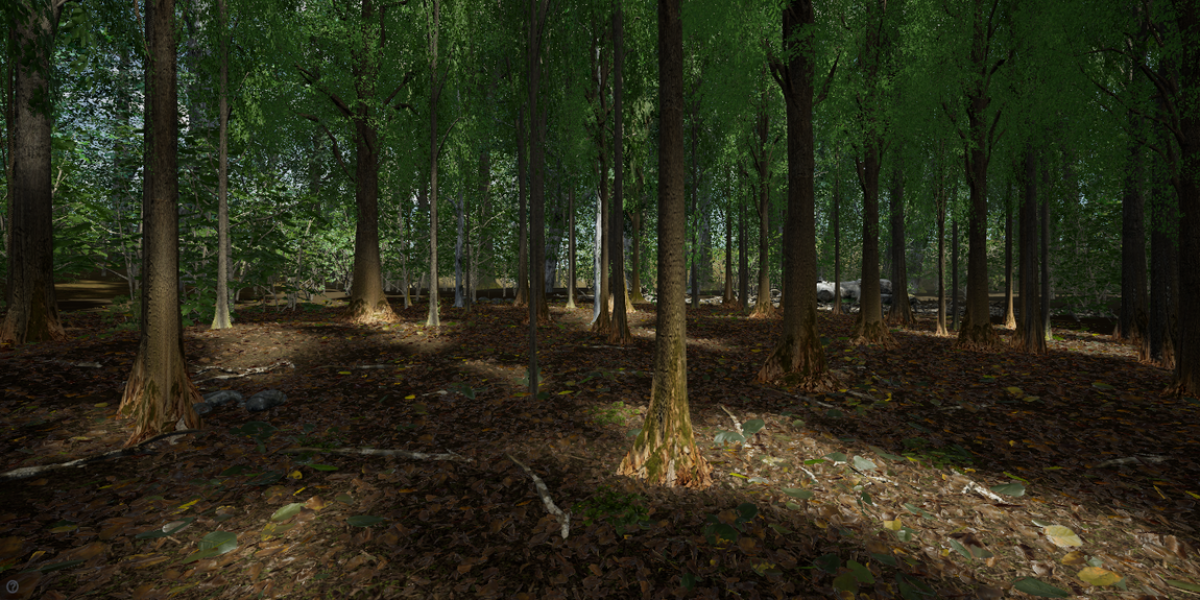Effectiveness of Virtual Forest Bathing
Core Concepts
The author argues that virtual forest bathing can elicit similar emotional responses as real forest experiences, supported by studies conducted by scientists in the Czech Republic. The approach involves creating immersive virtual environments enhanced with audio recordings to simulate the calming effects of nature.
Abstract
Virtual forest bathing has been explored by scientists in the Czech Republic, who conducted studies using laser scanners to create virtual replicas of real forests. Participants reported similar emotional states after experiencing both real and virtual forests. While some theories like "biophilia" and "attention restoration theory" support the benefits of interacting with nature, limitations such as physical boundaries and sensory details exist in virtual environments. Further research is needed to address these challenges and enhance the effectiveness of virtual forest experiences.
Translate Source
To Another Language
Generate MindMap
from source content
Visit Source
www.technologyreview.com
“Forest bathing” might work in virtual reality too
Stats
Twenty participants spent 30 minutes in a virtual forest, with no significant difference in emotional states compared to those who visited a real forest.
Eight people involved in a study on virtual forest therapy reported decreased depression, anger, and fatigue after playing a game based on outdoor activities.
Virtual environments may cause cyber-sickness due to discrepancies between visual perception and physical motion.
Quotes
"I was aware that the forest was not real. However, the experience was immersive, and it was easy for me to forget that I was in an experimental room." - Martin Hůla
Deeper Inquiries
How can technology be further utilized to enhance the sensory experiences in virtual forest environments?
Technology can be leveraged to enhance sensory experiences in virtual forest environments by incorporating advanced features such as haptic feedback, olfactory stimulation, and improved visual and auditory effects. Haptic feedback devices could simulate the sensation of touching trees or feeling the texture of leaves, enhancing the sense of immersion. Olfactory stimulation through scent-emitting devices could recreate the natural smells found in forests, like pine or damp earth, adding another layer of realism to the experience. Additionally, advancements in graphics and audio technology can create more realistic visuals and sounds, making users feel like they are truly present in a forest setting.
What are potential ethical considerations when using virtual reality for therapeutic purposes?
When utilizing virtual reality for therapeutic purposes, several ethical considerations must be taken into account. One major concern is ensuring informed consent from participants regarding their involvement in VR therapy sessions. Participants should fully understand the nature of the treatment, its potential benefits and risks, as well as any data collection or privacy implications. Another important consideration is maintaining participant confidentiality and data security since VR therapy may involve sensitive personal information shared during sessions. Additionally, therapists must monitor participants closely for any adverse reactions to VR exposure and ensure that individuals with certain conditions (e.g., epilepsy) are not put at risk during therapy sessions.
How might advancements in virtual reality impact traditional methods of nature therapy?
Advancements in virtual reality have the potential to both complement and challenge traditional methods of nature therapy. Virtual reality can provide access to natural environments for individuals who may not have physical access due to limitations such as mobility issues or geographical constraints. This accessibility can broaden the reach of nature therapy interventions and make them more inclusive. However, there is a concern that reliance on virtual environments may detract from authentic outdoor experiences that offer unique sensory stimuli not easily replicated virtually (e.g., smell of fresh air). Balancing these two approaches will require careful consideration to ensure that technological advancements do not completely replace but rather supplement traditional methods of nature therapy effectively.

